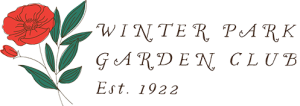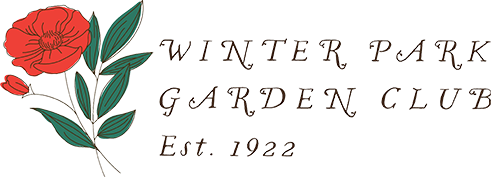Did you know the inside of your home is three times more polluted than the outdoors? Surprisingly, one of the main reasons for this problem is the very products we use to keep it clean. Why? Cleaning agents are full of toxic chemicals that not only harm us, but our environment and freshwater resources.
For example, when we mop our floors, clean our bathrooms, or disinfect our kitchen counters, we often use products that claim they “Kill 99.9% of Germs,” or are “Antibacterial.” We apply them liberally and often to surfaces to achieve what we think is the most effective way to clean. But these “cleaners” contain dozens of toxic chemicals, like ethanolamine, fragrance, propylene, ammonium compounds, benzyl, and phthalates (harmful substances added to plastics to increase their malleability) which remain on our surfaces long after they are used leaving their residue throughout our homes to touch and ingest. To make matters worse, when we’re finished cleaning, we throw soiled disinfecting wipes and disposable sponges in the trash and pour what remains in the mop bucket down the toilet or kitchen sink. These methods of disposal send these chemicals into landfills, which pollute the air and oceans; sewage systems, which drain into the ground; or into wastewater systems, which flow into nearby lakes or rivers. The Centers for Disease and Prevention says that almost every American they test has multiple phthalates in their urine. And, in laboratory tests, rodents exposed to high levels of phthalates have developed irregular hormone levels, become infertile, and/or bore offspring with birth defects.
Fortunately, you can clean and disinfect your home just as effectively in a less toxic way with natural ingredients (many of which you may already have on hand) by making solutions that are healthier for your body, the environment, and your wallet. These quick and easy recipes are just some of the many ways you can eliminate harmful chemicals from your home and leave it clean, disinfected, and smelling lovely.
The Cleaning Power of Baking Soda
Baking soda is a powerful but gentle agent that can be used as an all-purpose cleaner on tiles, grout, bathtubs, basins, ovens, and easily scratched surfaces.
● To make an all-purpose cleaner, mix two parts vinegar and two parts water with one part baking soda. Use on anything that needs a scrub to remove stains.
● To clean the oven, moisten its inside with a spray bottle or sponge. Cover everything with baking soda and allow it to set for 12 to 24 hours. Add salt to the mixture for particularly tough jobs. Then wipe clean.
● To clean the toilet, mix one cup of vinegar with 1/4 cup of baking soda. Pour into the bowl and scrub as you normally would.
Clean Glass and Other Surfaces with Vinegar
Vinegar contains acetic acid, a mild acid that gives it its sour taste and distinctive odor. This acid is an effective grease cutter and mildew remover. White vinegar can remove stains and mineral build up from chrome, glass and other surfaces and help control odors in your home.
● To clean windows, mix two teaspoons of white vinegar with one quart of warm water. Wipe with a clean strip of cotton percale.
● To clean your refrigerator, simply use a half-and-half mixture of vinegar and hot water.
● To combat mold and mildew, use full-strength vinegar on areas where these unwelcome visitors are growing.
● To clean chrome fixtures and stainless steel, use undiluted vinegar to clean them.
LEMONS, LEMONS, LEMONS!
Lemons are a terrific green-cleaning ingredient because they contain citric acid, a mild acid that fights water spots and hard-water film; D-Limonene, a powerful degreaser and solvent; and lemon oil, an uplifting, natural fragrance and antibacterial disinfectant. Lemons should not be combined with baking soda as their individual properties neutralize each other, thus cancelling their cleaning and disinfecting abilities.
● To polish furniture, combine 1 tbsp of olive oil, 1 tbsp of water or white vinegar, and the juice of one lemon. This formula can also be used for dusting, cleaning stainless steel, and removing sticky labels.
● To make a disinfecting surface spray, place the peels of 4-6 lemons in a glass jar and cover them with an inexpensive vodka. Place the mixture in a cool, dark place for 3-6 weeks. When it becomes a deep yellow color, remove the peels and pour the liquid into a spray bottle. Spray the mixture directly on any area you want to sanitize, such as countertops, cutting boards, toilet seats, floors, etc. Important: Be sure to let the solution remain on the surface for at least 10 seconds. Doing so ensures it kills E. Coli, Salmonella, and other nasty germs. Wipe the surface dry if desired. There is no need to rinse.
For more DIY green-cleaning recipes visit https://brendid.com/category/green-cleaning/ . And for more education on creating a safer and healthier home, check out “GREEN CLEAN: The Environmentally Sound Guide to Cleaning Your Home,” “The Healthy Home: An Attic-To-Basement Guide to Toxin-Free Living,” and “Creating a Safe & Healthy Home,” all written by my husband’s aunt, Linda Mason Hunter, one of the first pioneers of the green movement.
Be well and happy cleaning!


